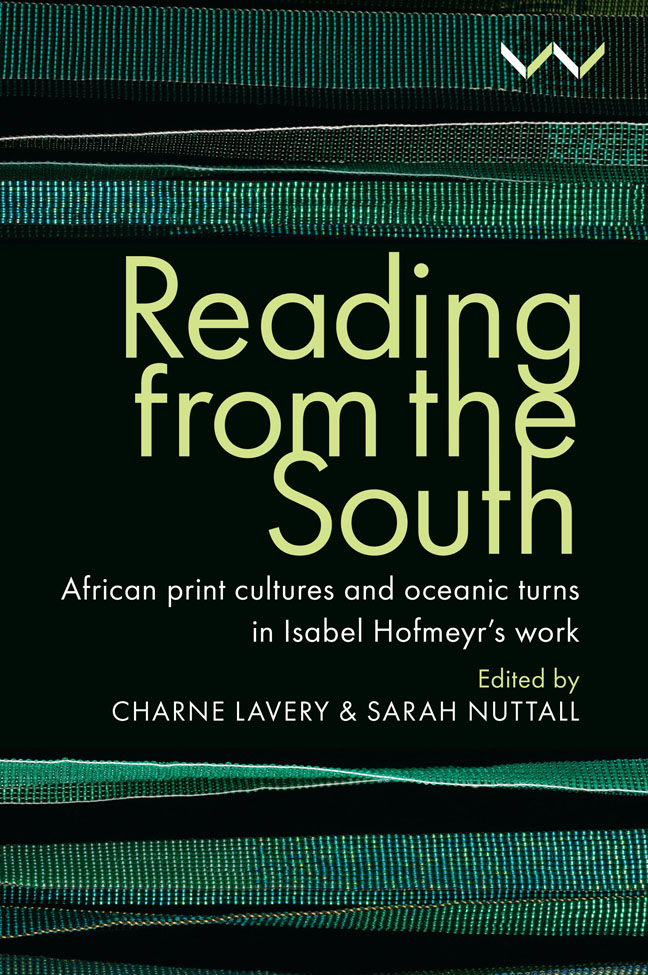Chapter 7 - What's the Rush? Slow Reading, Summary and A Brief History of Seven Killings
Published online by Cambridge University Press: 01 March 2024
Summary
What mode of textual attention is best suited to dismantling structures of oppression? This question is as big as it is urgent: it is the fundamental methodological question for literary scholars working in the fields of postcolonial and decolonial studies. This essay addresses the question by asking a different one, posed by Isabel Hofmeyr in her monograph Gandhi's Printing Press: Experiments in Slow Reading: ‘How do [Gandhi’s] insights about summary and speed as a central feature of modernity and industrialised orders of information speak to conditions today?’ (2013, 24–25).
Read against the fluid leaps of Dockside Reading (Hofmeyr 2021), the illuminating detours of The Portable Bunyan (Hofmeyr 2004) or the fluent locality of ‘We Spend Our Years as a Tale That is Told’ (Hofmeyr 1993), Gandhi's Printing Press is a quiet book. In contrast to ongoing debates about Gandhi's political positions, Hofmeyr's book effectively puts aside the question of Gandhi as an ethical icon, situating him instead as a person of print culture. In the process, Hofmeyr offers a compelling alternative to the Eurocentrism of most postcolonial literary methods, for she derives from Gandhi an analytic that can be easily applied elsewhere.
In Hofmeyr's account, reading is a key Gandhian activity. Because the Gandhian approach to swaraj (literally, ‘self-rule’) territorialises sovereignty in the individual rather than in a territory, proper reading practices can demonstrate how swaraj should operate. As Hofmeyr shows, ‘The process of understanding true swaraj, or selfrule, is equally the process of learning to read in a patient, concrete, nonteleological way’ (2013, 150). Reading, she argues, enables Gandhi to oppose the accelerating impulses of modernity, because ‘serious reading can only be done at the pace of the human body and … each reader must read on his or her own behalf ‘ (4). As a consequence, reading ‘created small moments of intellectual independence’ by ‘pausing industrial speed’ (4). This emphasis on slowness that she finds in Gandhi's approach to reading enables her to conclude that ‘the style of reading we call literary is somewhat Gandhian: slow, scrupulous, patient, repetitive, cumulative’ (162).
This essay applies the Hofmeyrian analytic as it surfaces in Gandhi's Printing Press to a text whose pages Gandhi himself would have undoubtedly abjured: Marlon James's 2014 novel A Brief History of Seven Killings.
- Type
- Chapter
- Information
- Reading from the SouthAfrican Print Cultures and Oceanic Turns in Isabel Hofmeyr's Work, pp. 106 - 122Publisher: Wits University PressPrint publication year: 2023

